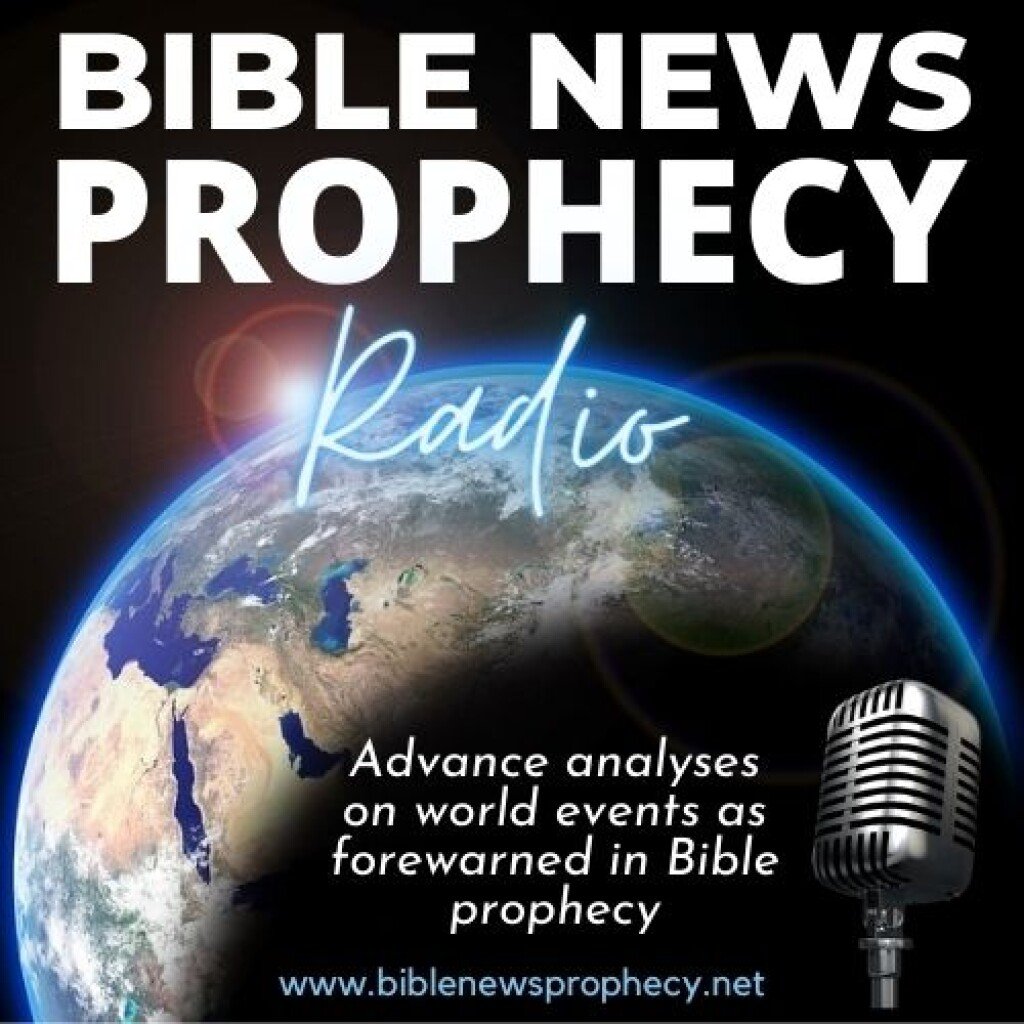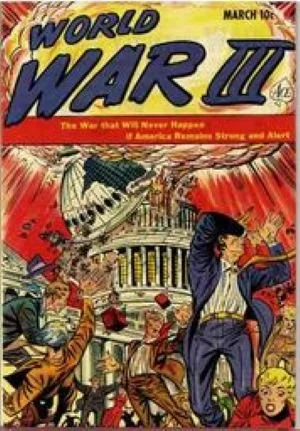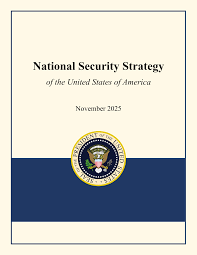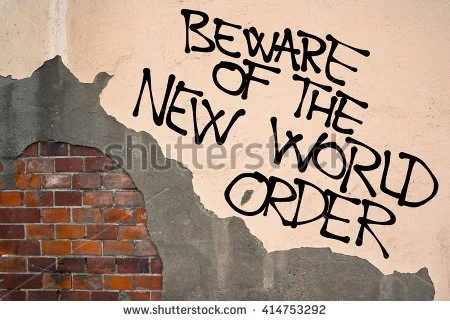Kurdish Peshmerga Troops on a T-55 Tank (Boris Niehaus)
Iraqi Kurds have been voting today:
September 25, 2017
IRBIL, Iraq (AP) — Iraqi Kurds cast ballots on Monday in their autonomous region and in a wide sweep of captured territories on whether to seek independence from Baghdad, a historic vote that has also raised tensions and fears of instability.
The referendum is non-binding and will not immediately bring independence, but it would mark a definitive stance by the Kurds to break away, and Kurdish leaders say they will use a “yes” vote to press for negotiations with Iraq’s central government to win statehood.
From Istanbul, Turkish President Recep Tayyip Erdogan threatened military intervention in Iraq in response to the vote, stressing that Kurdish independence was unacceptable to his country and that this was a “matter of survival.”
The Iraqi Kurdish push for independence has been made even more combustible because Kurdish forces captured extensive territories in fighting with the Islamic State group in the past year. Those territories run from northwest Iraq across the country to the Iranian border on the east — including the oil-rich city of Kirkuk. Baghdad claims those territories, but the Kurds say they are part of their zone and residents there are participating in Monday’s vote.
More than 3 million people are expected to vote across the three provinces that officially make up the Iraqi Kurdish autonomous region and in the disputed territories, according to the Independent High Elections and Referendum Commission, the body overseeing the vote.
Lines began forming early in the day at polling stations across Irbil, the Kurdish regional capital. Tahsin Karim was one of the first people to vote in his Irbil neighborhood.
“Today we came here to vote in the referendum for the independence of Kurdistan,” he said. “We hope that we can achieve independence.”
The Kurdish region’s president, Masoud Barzani, also voted at a polling station packed with journalists and cameras. On the eve of the referendum, Barzani said he believed the vote would be peaceful, though he acknowledged that the path to independence would be “risky.”
“We are ready to pay any price for our independence,” he said.
The referendum is being carried out despite mounting opposition from Baghdad and the international community.
The United States, a key ally of Iraq’s Kurds, has warned the vote will likely destabilize the region amid the fight against IS. https://apnews.com/cfca314fc77548a981a2fa936ad1307d/Iraqi-Kurds-vote-in-referendum-on-independence-from-Baghdad
The USA has long treated the Kurds differently than most would feel it would. The Bush Administration used to claim that the USA was in Iraq to promote democracy. The hypocrisy of the USA related to the Kurds is obvious to anyone who looks at this.
While the Kurds have tended to be a more loyal ally to the USA than the USA has been to the Kurds, the USA has often tended to defer to the governments of Turkey and Iraq–despite the fact that the government of the USA considers that the Islamic State is terrorist threat and that the Kurds are not, as far as the USA is concerned.
The Bible warns that destruction is coming to “an hypocritical nation” which it will end up being destroyed (Isaiah 10:5-11, KJV). While there are serious problems and conflicts in ISIS, those who think that the USA will not reap what it is sowing by often betraying allies (cf. Galatians 6:7-8; Lamentations 1:1-2), are in error (Daniel 11:39).
As far as the situation with the Kurds and Iraq, years ago I posted the following:
Iraq may split into three or more regions. The government of Shi’ite Maliki, which the USA claims to support, currently has one big piece, the Kurdish region has long had a big piece, and the Sunni Muslim group (Thiel B.Kurds want to vote on independence, USA opposed. COGwriter.com, July 4, 2014
Despite how the USA seemingly defers to Turkey and Iraq on the Kurds (and maybe now Syria’s Assad and the Russians), eventually the Kurds and others in the Middle East and North Africa will plot to eliminate the USA based upon the 83rd Psalm.
Notice the following rendering of that Psalm with the modern national identities shown in [ ] which mainly come from an article titled The Arab World in Prophecy from the Plain Truth magazine dated December 1979:
4 They have said, “Come, and let us cut them off from being a nation,
That the name of Israel may be remembered no more.”5 For they have consulted together with one consent;
They form a confederacy against You:6 The tents of Edom [Esau or modern-day Turkey, a non-Arab but Islamic nation] and the Ishmaelites [Saudi Arabia]; Moab [part of Jordan] and the Hagrites [anciently these peoples dwelt in the area known as Syria today];
7 Gebal [Lebanon], Ammon [modern Jordan], and Amalek [part of the Turks]; Philistia [the modern Palestinians] with the inhabitants of Tyre [Lebanon]; 8 Assyria [whose descendants, the Assyrians, migrated to Germany] also has joined with them; They have helped the children of Lot [Jordan and Western Iraq]. (Psalms 83:4-8, NKJV)
The above shows a coalition of North African and Middle Eastern peoples, like those that will initially support the coming King of the South in Daniel 11:40-43. They will want to eliminate the USA, its Anglo-Saxon descended allies, and the tiny nation of Israel. They will then make a deal with end time Assyria, the main power in Europe. And this will be successful (Daniel 11:39; see also USA in Prophecy: The Strongest Fortresses), but not completely (Jeremiah 30:7).
Regarding Iraq, it probably should also be mentioned that some others consider that the Iraqis are better identified as Ishmaelites or being Hagarenes. Some consider that the Hagarenes are better identified with Iraq–yet since Ishmael’s mother was Hagar–Genesis 16:15–they would all tend to be related. Whether they are identified better as Hagarenes or Ishmaelites or descendants of Lot, Iraqis and other Arabic peoples are prophesied (along with others) to be part of a confederation that will decide to eliminate Israel (and not just the area in the Middle East). Turkey is represented in Psalm 83 as Edom–other prophecies show that it will ultimately break its alliance with the Arabic peoples and primarily support the European power (Daniel 11:40-43; cf. Daniel 11:26-27).
Notice a little bit more about a coming confederation involving the Arabs in Ezekiel:
1 The word of the LORD came to me: 2 “Son of man, prophesy and say: ‘This is what the Sovereign LORD says:
“‘Wail and say, “Alas for that day!” 3 For the day is near, the day of the LORD is near- a day of clouds, a time of doom for the nations. 4 A sword will come against Egypt, and anguish will come upon Cush. When the slain fall in Egypt, her wealth will be carried away and her foundations torn down.
5 Cush and Put, Lydia and all Arabia, Libya and the people of the covenant land will fall by the sword along with Egypt. (Ezekiel 30:1-5, NIV).
5 “Ethiopia, Libya, Lydia, all the mingled people, Chub, and the men of the lands who are allied, shall fall with them by the sword.” (Ezekiel 30:5, NKJV)
So a confederation will form, Iraq and Syria will be part of it, and many of the nations that enter into a confederation with Egypt will suffer. This includes Iraqi and Syrian peoples, and possibly the Kurds (the Turks escape this per Daniel 11:42; but have other problems later; cf. Obadiah 8-11).
Why might the Kurds be referred to in Ezekiel 30? The word translated in the NIV as Libya, Puwt, may be referring to some of the peoples of Iran as Puwt was a Persian tribe and the Kurds are an Iranian people with mixed heritage. There are estimated to be at least 30 million Kurds, most of which are in the Middle East (with the largest populations in Turkey, Iran, Iraq, and Syria). The Kurds could be part of the ‘mingled people’ as the NKJV translates a portion of Ezekiel 30:5.
Although the Kurds themselves have long wanted independence, they have a history of making many alliances. Like the Turks, the majority of Kurds are Sunni Muslims. Despite the fact that the governments in Turkey, Iraq, Syria, and Iran have caused problems for the Kurds, the Kurds may well support a future Arabic-Turkish alliance (Daniel 11:40-43), especially if they get some protection of autonomy to do so. It is also possible that they could be among those that escape the wrath of the King of the North (Daniel 11:42). But that power also will end (cf. Revelation 11:15; 18).
The time will come when God will call all people in the world, including the Turks and the Kurds. That will be a time of peace (Isaiah 2:3-4; Revelation 21), but until then war and destruction appear to be part of the expected fate of that region of the world for some time (though a temporal peace will come per Daniel 9:27; see also The ‘Peace Deal’ of Daniel 9:27).
But for now, the Kurds are hoping that their vote sends a signal that they want independence.
http://www.cogwriter.com/news/prophecy/kurds-voting-in-independence-referendum/











